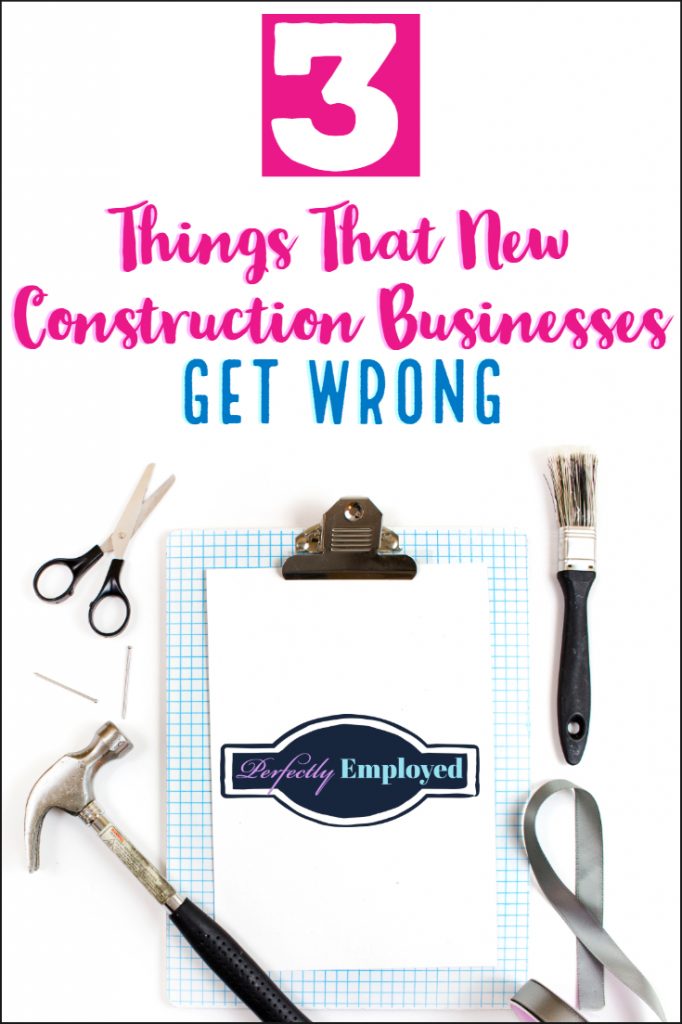
Personal branding is one of the most important things that you can focus on as a professional. It’s not so different to having a business brand. What it essentially means is that you have a good reputation. It means people know you for being associated with something positive within business (or whatever it is that you do). A personal brand also extends into your online presence. It’s about how you present yourself across the various platforms on the web. There are some things to keep in mind if you want to have a strong, impressive personal brand, and we’ve noted them down here for those looking to secure one!
Be Honest
Whilst it’s important to make sure that you’re selling yourself well, there is nothing more vital to your personal branding than being honest. In fact, being false and not delivering what you’ve promised could lead to the complete ruination of your personal brand. Think about the traits that you pride yourself on, and how you want people to see you as a professional in light of this. The worst thing that you can do is adjusting your personal brand depending on who you’re talking to. Make sure that you’re consistent and honest in everything that you do. This will make or break your reputation!
Do It Now
You may look at the personal brands of your peers, and those higher up than you, and think, ‘how am I ever going to be able to create something like that?’ However, when it comes to forming your image online, it’s never too late to start putting the work in to make it happen. Buy a domain name and everything necessary for a personal website, and get to work on it. If you’re using a platform like WordPress, it’s not hard to do these things yourself (as they offer themes that are easy to use), and giving your LinkedIn profile a bit of TLC is also a good idea. Ultimately, the sooner you start on your personal brand, the better.
Be a Team Player
The biggest thing that will help you to build your personal brand is your ability to be a team player, and to help other people to build up their reputations, too. Perhaps you’ve worked with somebody who did a great job for you, and you could help them to grow their personal brand by giving them an endorsement through LinkedIn, or a reference for them, so that their potential clients consider their services. Although you shouldn’t solely do it for this reason, it also means that they will give you the same support in return, and you’ll be able to build up your personal brand with the help of others.
Be Careful What You Post Online
OK, so this is probably the most important thing to note about a personal brand. Building one up over time is relatively easy, but ripping one down extremely quickly can happen within a flash. One inappropriate photo, or an article that’s pretty damning, can ruin your personal brand in a matter of hours. You need to be extremely careful about what you’re posting on the web, so that you don’t live to regret it in the future. A politically-charged tweet may not seem like the worst thing in the world at the time, but it can ruin your reputation. Old, drunken photos should also be kept out of the public eye.
Get Negative Content Taken Down
If there is content out there that isn’t exactly desirable or useful for your personal brand, then do your best to get it taken down. If it’s on Google, you can either ask Google to remove it (which is the harder way to go about this) or you can ask the site that posted it to take it down, which is the best way to get rid of it quickly. Assuming your friend has posted the picture or comment somewhere, then get in touch with them and ask them to delete it. You’ll find that most people (and sites) will remove the image if you request this. Some may be more difficult to reason with, and you may need to use legal action.
Don’t Focus On Too Much
Creating a personal brand is all about what your main marketing point is, rather than putting a wide range of skills out there to entice an employer. It’s a lot better if you just focus on a few things, rather than trying to make yourself an all-rounder. Let’s be honest, most people know a wide range of skills to a basic level. However, there are a few select skills that they can really use to make a big difference to a business. Think about what your top skills are, and what you can do to really showcase them throughout your personal brand. Don’t try to spin too many plates here, or you could live to regret it.
Related Posts
- Reasons to Start Your Own Online Business
- Where to Focus Your Efforts to Expand Your Business
- Enhance Your Professional Reputation as a Freelancer
Show That You’re Consistent
Something else that employers look for is consistency, and this is an integral part of your personal brand. If you have the commitment to show that you’ve tirelessly worked on building up your brand for the last few years, then it means that you’re going to show a similar commitment to the next stage of your career. Perhaps you’ve posted regular and professional updates across the various platforms? Or you’ve made sure that you’re always posting a well-informed commentary when something big happens in your field? Whatever it is, be consistent and show your commitment.
So, if you want to create a good personal brand, both online and in person, make sure that you keep these things in mind. Building up a reputation, and a profile of yourself online, can be a difficult task. It takes time, but it is certainly rewarding in the end. When your potential employer looks you up, they should see a professionally branded individual. If you follow these tips, then this could be you! Good luck!
Save to Pinterest
















